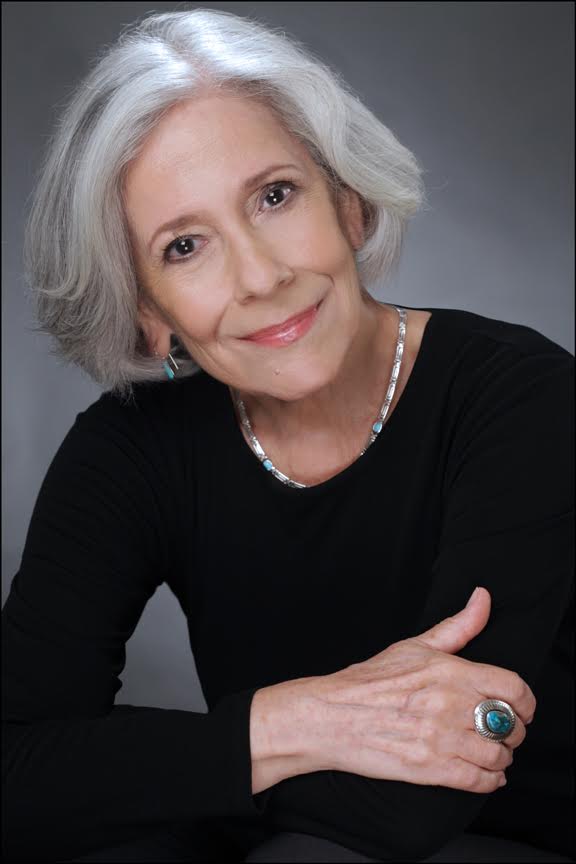Article from the Orlando Sentinel
You can do just about anything . . . with the proper coaching
More of us are using pros to learn how to breathe, clean up or communicate clearly.
January 10, 2006
The bed in the guest room of Debby Monroe's condo in Rye, N.Y., was barely visible from the doorway. Bags and boxes of paperwork, photos and other "stuff" accumulated over 25 years covered the floor and furniture, piled up against the walls. Daunted by the scale of the project, Monroe finally hired an organizational coach to get to the bottom of things.
Randall Langston, a 69-year-old retired ear, nose and throat doctor from Fort Walton Beach, Fla., had severe asthma and frequently became winded doing the simplest tasks. Reluctant to rely upon medication, he sought the help of Mike White, a breathing coach based in North Carolina. Working with White, Langston improved rapidly, and can now resume practicing tai chi with his wife every day at 5 a.m.
Frustration led Simeon Doytchinov, a 42-year-old Wall Street analyst, to seek the help of a coach. A native of Bulgaria, his heavy Slavic accent made it hard for co-workers to understand him. He signed up for six sessions with a speech trainer who helped him reduce his accent.
No longer limited to the sports world, professional hand-holders can now be found in mind-boggling variety. Coaching has become so popular in part because it is an easy and acceptable way of asking for help.
"It is about improving our skills and becoming more competent and more competitive," says Marilyn Henninger, a certified counselor who practices in Norwalk, Conn. "Learning and increased competence are highly valued in our culture."
Therapy, on the other hand, can imply that something is broken and needs fixing.
The post-holiday season is a busy time for organizational coaches.
"The holidays leave behind a new load of stuff that has to be found room for," says Juls Arthur, a coach and owner of Everything in Its Place in Wilton, Conn. "People hang onto things in case they might need them again or for sentimental reasons, but after a while they reach overload."
Arthur recently worked with a busy mother of twins organizing her clutter-plagued home, where entry to walk-in closets was barred by boxes and every surface was piled with "important" things. At one point, the client produced an enormous bag stuffed with hundreds of small scraps of paper, the personalized "Mommy loves you" notes that she had been putting in her children's lunch boxes every day since they started kindergarten.
Arthur told the mom to select a few of the most precious notes to hold onto and photograph the remaining pile.
Organizational coaching can have a dramatic impact on the lives of those paralyzed by clutter. Arthur recalled families that were so bogged down with stuff that they'd started "doing limited living," no longer entertaining, for example, or declaring a junk-filled room off-limits.
In Westport, Conn., Kathleen Toombs, a certified marriage and family therapist and a clinical hypnotherapist, coaches people through many serious conditions including eating disorders, trauma and chemical addiction. When clients seek her out, though, it's not always about fixing the big stuff. Sometimes they just want to improve their golf swing.
"Often, as with other challenges, an inability to relax becomes the obstacle to the perfect shot," Toombs says. Unlike the pro at the local club, Toombs draws upon hypnosis and positive self-talk to guide golfers toward a surefire preshot routine.
A common incantation begins with, "It's a beautiful day, you're in your zone. Don't worry what other people think, this is your day." The ending, in theory, is a perfect shot.
Sometimes consumers turn to a coach to prepare for a one-time event. Doytchinov, a native of Bulgaria, had been working for a Wall Street firm for several months when he was asked to give a lengthy presentation about credit derivatives. His initial panic escalated to outright terror when he discovered that his speech was going to be videotaped for future training sessions.
Like many people with strong foreign accents, Doytchinov was worried he would sound ridiculous or just plain incomprehensible. His misery led him to seek the help of Sandra Kazan, a speech coach who specializes in accent reduction. Kazan works with clients in person at her New York studio and by phone across the country.
After some intense work, Doytchinov delivered a near perfect speech, with his coach's words replaying in his head. "Unlock your knees," he says silently. "Stay in the moment. You can do this." And it turned out he could.
Copyright © 2006, Orlando Sentinel



